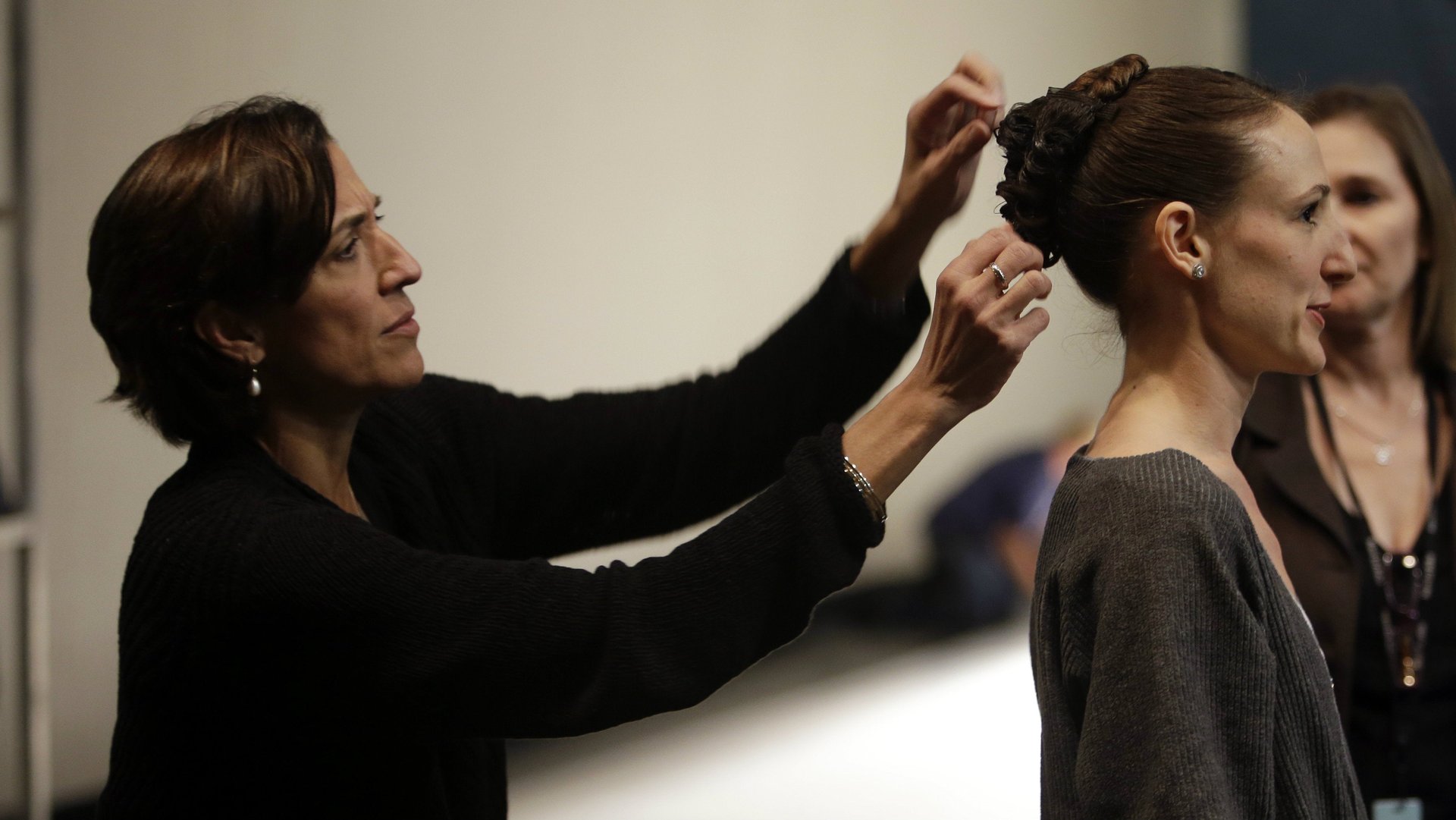Career greatness can come from staying behind the scenes, too
If you are a fan of the narrative podcast genre that has exploded in popularity in recent years, you have Julie Snyder to thank.


If you are a fan of the narrative podcast genre that has exploded in popularity in recent years, you have Julie Snyder to thank.
As one of the first producers of This American Life and later, the co-creator and producer of Serial and S-Town, Snyder has been instrumental in shaping the intimate, gripping, and obsessive style of storytelling that has filled millions of ear-buds and sparked untold think-pieces and imitators.
But while people in the audio and podcasting industry consider her something of a legend, most casual listeners have probably never heard of her (or heard her voice on tape). Turns out, that was an intentional choice on Snyder’s part.
In a recent interview on the Longform Podcast, Snyder explains how her early career switch from radio reporter on This American Life to producer came from the recognition that she preferred life behind the scenes.
…mainly I really hated being edited. I felt so uncomfortable and exposed and vulnerable … I did a story one time of where I was so miserable and uncomfortable in the edits—I just wanted to get it over with. And you know obviously your editor will suggest things sometimes and it’s up to the reporter and protect the story and say “I don’t think that’s fair” or “that’s not what I want to do” or “that’s not true” or something and I recognized in myself that I would completely sell these people out to have this whole thing be over with and that felt really dangerous … I’m so uncomfortable that you shouldn’t trust me because I just want this over with. And I don’t need to do it. I don’t feel a desire to do it.
Importantly, Snyder’s decision didn’t mean giving up power: In fact, she gained it. Now that she’s the producer and co-creator behind Serial, arguably the most successful podcast of all time, Snyder can always get a reporter to tell a story she thinks is worth telling. She also made herself incredibly valuable in the workplace by taking on something that really needed doing: Creating processes that kept things running smoothly, and offering sharp feedback and edits that ensure reporters’ stories are as strong as possible. (As Serial co-creator Sarah Koenig recently told The Cut, “Everybody wants to work with Julie.”)
She describes a situation in the early days of This American Life where valued contributors’ pitches were regularly getting overlooked because the staff was too overwhelmed.
At that point it was like “we need a better system.” We need to organize this better where certain people do certain things … naturally I was like why don’t I run the theme list? Why don’t I be the person who is the consistent person? So I’m going to do less reported stories, so that I’m more available for the contributors, so we’re not ghosting them like this … we really actually need someone in a position and it’s very helpful that I don’t want to report stories and that I don’t leave for like three months while I go and do it.
In the era of the personal brand, it can be hard to see the benefit of doing the kind of work that doesn’t get you bylines, awards, large followings, and mass acclaim. But for every highly visible person with an outward-facing list of career achievements, there are countless others working behind the scenes, making things happen, all with the same obsessive dedication to excellence.
Snyder’s career proves there’s plenty of greatness to be found there, too—in becoming, as Ira Glass deemed Snyder in a commencement speech at Columbia Journalism School last year, one of the people who can be counted upon to “make everything they touch, so much better.”